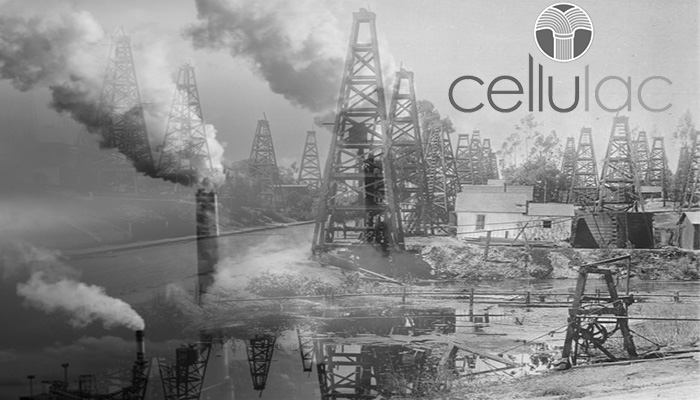Big Oil Can't Alter Climate Change
In a recent major MIT Study (Covert, Thomas, Michael Greenstone, and Christopher R. Knittel. 2016. “Will We Ever Stop Using Fossil Fuels?” Journal of Economic Perspectives, 30(1): 117-38. ) it was shown that approximately 65 percent of global greenhouse gas emissions are generated by fossil fuel combustion. Of these emissions, coal is responsible for 45 percent, oil for 35 percent, and natural gas for 20 percent. The options to reduce greenhouse gases from the air and storing would require an expansion of the size of the world’s forests or build out carbon capture and storage infrastructure at a scale that will more than counterbalance the burning of fossil fuels. The other option is to reduce future consumption of fossil fuels in a drastic manner.
Oil, Oil Everywhere
Today the US crude oil inventory surplus is at a record high. Saudi Arabia and Iraq are pumping out more than 1.3 million extra barrels of oil per day than they were 12 months ago. Iran is commencing the production of 300,000 barrels that is expected to rise to 1 million barrels of oil per day. That leaves what lies in reserve in Libya until the turmoil is resolved. Finally the US in December 2015 shipped its first exported oil to France and Israel since the 70’s.
Russian security oil threat is a joke
Russia would not, nor could not hold Europe to ransom over energy supplies. The reality is that over the last 10 years Russian crude oil production has increased from 9 million barrels a day to 10,400 million barrels. Oil and gas comprise over 60% of Russia’s exports and make up over 30% of the country’s gross domestic product (GDP). Despite the dispute in Ukraine, Russia, just like Saudi Arabia, cannot afford to withhold oil or gas from any country without losing market share, unless the country happens to be Ukraine who owe Russia $3 billion for not having paid for their supply.
Emerging oil balance
Emerging markets such as India, China, Brazil and Russia will likely continue to consume more oil as they continue to grow, but the largest market in the world for consumption of crude oil for transport, the US, would reach an inflection point where renewable energy from wind and solar for electric vehicles, backed up by higher efficiencies of battery storage, would counter the oil demand for transportation in that market.
Taking a peak at a long term oil glut
That is another reason why oil could remain over supplied and below $40 per barrel for decades. The uptake in Electric vehicles will accelerate in the early 2020’s. Growing at 60% a year it is the same growth rate that saw Henry Ford and his Model T gain traction against the horse and buggy. In a Bloomberg report by Tom Randall he suggests that once the cost of batteries get low enough to match the costs of current production vehicles demand for oil will match any growth in world consumption outside of developed OECD countries.
A Solar Ray of Hope
While we boil the world away in barrels of oil there is a small ray of hope. Electricity is getting cleaner and cheaper. Since 2013, the world has been adding more electricity-generating capacity from wind and solar than from coal, natural gas, and oil combined. The move toward a cleaner grid, electric vehicles and renewable power does create a mutually beneficial circle of demand.
Micro capture is the only macro solution
Carbon capture on a large scale is expensive. For mankind to even begin to manage climate change we must achieve a similar result as John D. Rockefeller did at the outset of the oil industry when he converted useless oil into a commercially profitable solution. We must deliver a micro capture solution and incorporate carbon monoxide, carbon dioxide and methane capture systems into everyday fossil fuel consuming equipment. Preferably an alternative to a falsified emission output software application.
[TheChamp-FB-Comments style=”background-color:#f7f7f7;” title=”Leave a Comment”]
Consortium of Irish Biomedical companies in €3m joint venture to deliver biodegradable implants from 2nd generation biochemicals.
Three Irish biomedical companies Cellulac Limited, Venn Life Sciences Holdings Plc (“Venn”) (AIM: VENN) and Bipharmed West Limited today are pleased to announce a joint venture to pursue the development of biodegradable human implants. This consortium brings...
Irish Start-up Cellulac wins €2.8M from EU Commission for Biorefining Project.
EU grant to Cellulac indicates the high-commercial potential of their product - Sherlock Galway based Greentech company, Cellulac, has received a grant for a record €2.8m from the European Commission to commercialize its biorefining technology that converts...



